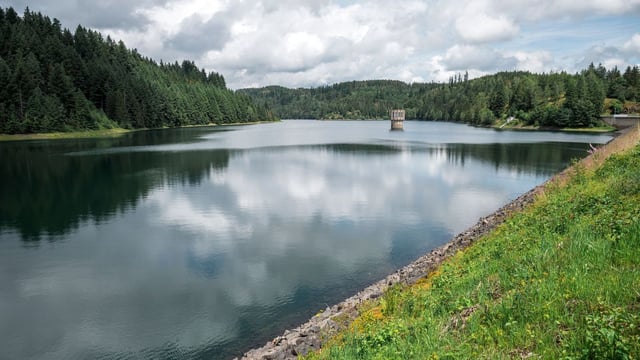Overview
- Reservoirs provide approximately 15% of Germany's drinking water, with some regions relying even more heavily on them.
- Over the past 40 years, reservoir water temperatures have risen by about 2°C, with projections indicating an additional 4-5°C increase in worst-case scenarios.
- Decreasing oxygen levels in reservoirs are endangering aquatic ecosystems and causing the release of harmful substances like manganese and iron from sediments.
- Technical measures, such as extracting water from oxygen-rich layers, are being implemented to maintain water quality in some reservoirs, including the Mauthaus Reservoir.
- Expanding existing reservoirs, such as raising dam walls at the Granetalsperre in the Harz, is being prioritized over building new ones due to lower environmental and economic costs.
